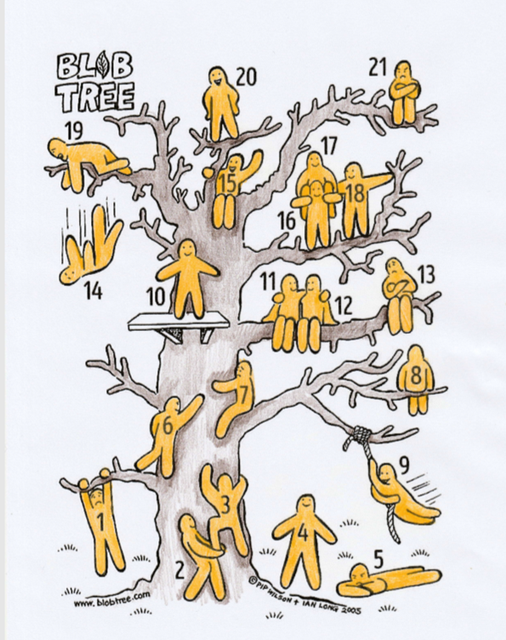Re: Stress-management for students (and teachers): activities to reduce stress (new ideas each week!)
Managing stress is crucial for both students and teachers to maintain a healthy and productive learning environment. Here are some stress management activities tailored for both groups:
for students:
Physical Exercise:
Activity: yoga classes, sports, or simple stretching exercises during breaks.
Benefit: Physical activity releases endorphins, improves mood, and reduces stress.
Creative Arts:
Activity: drawing, painting, music, or creative writing sessions.
Benefit: Provides an emotional outlet and a way to express feelings creatively.
Breathing Exercises:
Activity: teaching deep breathing techniques or holding guided breathing sessions.
Benefit: It helps calm the nervous system and reduces immediate feelings of stress.
Time Management Workshops:
Activity: Sessions on prioritizing tasks, setting realistic goals, and using planners.
Benefit: It helps students feel more in control and reduces the overwhelm of academic pressures.
Peer Support Groups:
Activity: Forming study groups or discussion circles where students can share their concerns.
Benefit: Promotes a sense of community and mutual support.
For Teachers:
Professional Development on Stress Management:
Activity: Workshops and seminars on techniques to manage stress and prevent burnout.
Benefit: Provides teachers with strategies to handle their workload and stress more effectively.
Peer Support and Mentoring:
Activity: Establishing mentoring programs or regular support group meetings.
Benefit: Allows teachers to share experiences, solutions, and emotional support.
Physical Wellness Programs:
Activity: access to fitness classes, gym memberships, or walking clubs.
Benefit: Encourages physical health, which directly impacts mental well-being.
Break and Relaxation Spaces:
Activity: Creating quiet, comfortable spaces for teachers to relax during breaks.
Benefit: Provides a place to decompress and recharge during the school day.
Time Management and Organization Workshops:
Activity: Training on effective classroom management, lesson planning, and grading strategies.
Benefit: It helps reduce the feeling of being overwhelmed by improving efficiency.
Access to Counseling Services:
Activity: Providing easy access to professional counseling and mental health services.
Benefit: Offers a confidential space to discuss stress and seek professional help if needed.
Joint Activities for Students and Teachers:
Community Building Events:
Activity: organizing school-wide events like picnics, sports days, or talent shows.
Benefit: It strengthens the sense of community and provides a break from routine stressors.
Wellness Challenges:
Activity: Creating wellness challenges that encourage healthy habits, such as drinking more water or walking a certain number of steps daily.
Benefit: Promotes healthy competition and collective well-being.
Workshops on Healthy Lifestyle Choices:
Activity: Sessions on nutrition, sleep hygiene, and the importance of regular physical activity.
Benefit: It educates both students and teachers on the importance of a healthy lifestyle for stress management.
Incorporating these activities can create a more supportive and stress-free environment for both students and teachers, enhancing overall well-being and productivity.
